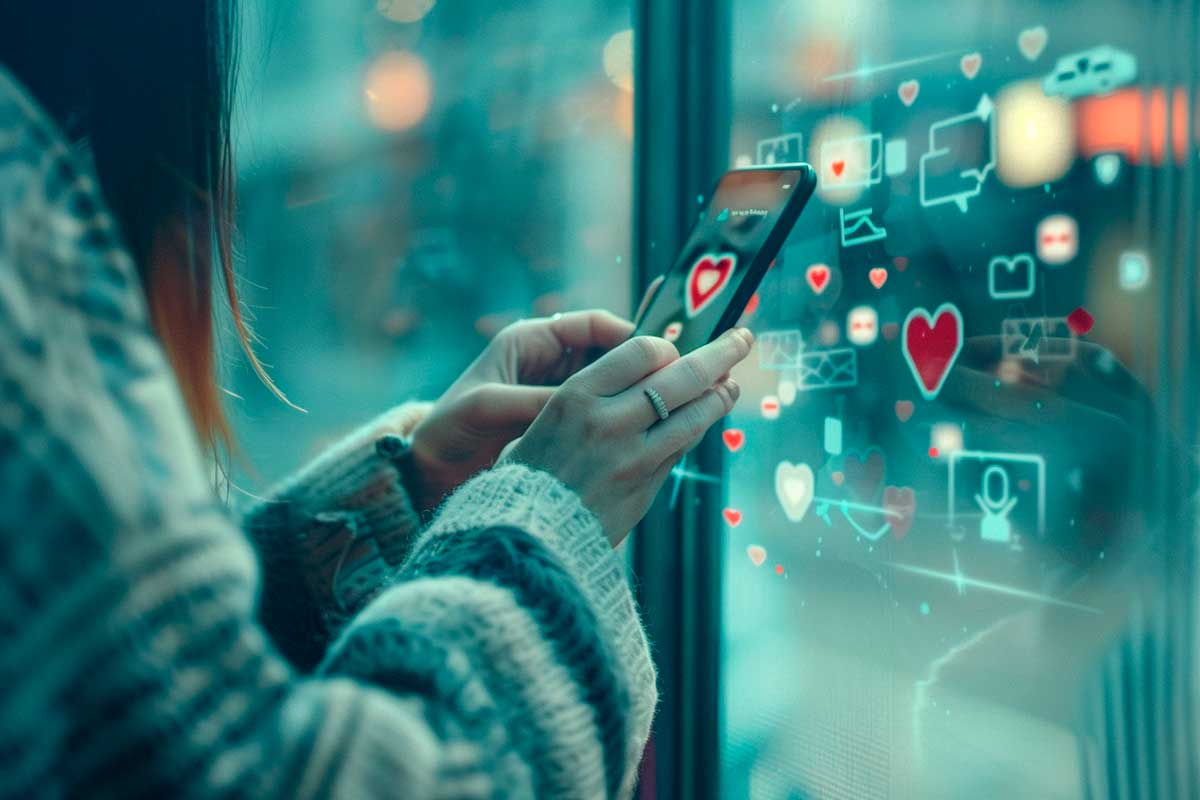The Impact of Social Media on Mental Health
In today's digital age, social media has become an integral part of our lives. While these platforms offer many benefits, such as staying connected with friends and accessing information, excessive use can negatively impact mental health. In this article, Clinic Consultation examines the effects of social media on mental health and provides tips for healthier use of these platforms.
Understanding the Impact of Social Media
Positive Aspects of Social Media
Despite the negative impacts, social media also offers several positive aspects that can benefit mental health.
Key Benefits:
- Connectivity: Social media allows people to stay connected with family and friends, fostering a sense of belonging and community.
- Support Networks: Online groups and communities can provide emotional support, especially for those dealing with mental health issues.
Clinic Consultation acknowledges that, when used mindfully, social media can enhance social connections and provide valuable support.
Negative Effects of Excessive Use
Excessive use of social media can lead to several negative mental health outcomes.
Common Negative Impacts:
- Anxiety and Depression: Constant comparison with others and exposure to negative content can contribute to feelings of anxiety and depression.
- Sleep Disruption: Excessive screen time, especially before bed, can interfere with sleep patterns, leading to sleep deprivation.
Clinic Consultation emphasizes the importance of recognizing these negative effects and taking steps to mitigate them.
How Social Media Affects Mental Health
Comparison and Self-Esteem
Social media often presents an idealized version of life, leading to unhealthy comparisons.
Impact on Self-Esteem:
- Unrealistic Standards: Seeing others’ highlight reels can make individuals feel inadequate or insecure about their own lives.
- Validation Seeking: The pursuit of likes and comments can create dependency on external validation for self-worth.
Clinic Consultation highlights the need to understand that social media does not reflect real life and encourages focusing on personal achievements.
Fear of Missing Out (FOMO)
Fear of missing out is a prevalent issue linked to social media usage.
Effects of FOMO:
- Constant Connectivity: The need to stay constantly updated can lead to stress and anxiety.
- Social Pressure: Feeling compelled to participate in activities or events to keep up with peers can be mentally exhausting.
Recognizing FOMO and setting boundaries can help reduce the associated stress and anxiety.
Tips for Healthier Social Media Use
Set Time Limits
Limiting the amount of time spent on social media can help mitigate its negative effects.
Strategies to Set Limits:
- Daily Time Limits: Use apps or phone settings to set daily time limits for social media use.
- Scheduled Breaks: Designate specific times of the day to check social media, and avoid using it outside these times.
Clinic Consultation recommends finding a balance between online and offline activities to maintain mental well-being.
Curate Your Feed
Being mindful of the content you consume can make a significant difference.
How to Curate Your Feed:
- Follow Positive Accounts: Follow accounts that inspire, educate, or bring joy.
- Unfollow Negative Influences: Unfollow or mute accounts that cause stress, anxiety, or negative comparisons.
Creating a positive and supportive online environment can help improve mental health.
Engage in Real-Life Activities
Balancing social media use with real-life interactions and activities is essential.
Real-Life Engagement Tips:
- Hobbies and Interests: Pursue hobbies and activities that do not involve screens, such as reading, exercising, or crafting.
- Face-to-Face Interactions: Prioritize in-person interactions with friends and family to strengthen real-life connections.
Clinic Consultation encourages integrating more offline activities to enhance overall well-being.
While social media has become a significant part of modern life, it's crucial to be aware of its impact on mental health. By setting time limits, curating your feed, and engaging in real-life activities, you can enjoy the benefits of social media while minimizing its negative effects. Clinic Consultation is committed to helping individuals achieve a balanced approach to social media use for better mental health.
Frequently Asked Questions
1. How does social media affect mental health? Excessive use can lead to anxiety, depression, and sleep disruption, among other issues.
2. What are the benefits of social media? Social media offers connectivity, support networks, and access to information.
3. How can I limit my social media use? Set daily time limits, schedule breaks, and use apps to monitor and restrict your usage.
4. What should I do if I feel anxious due to social media? Curate your feed to follow positive accounts, unfollow negative influences, and engage in offline activities.
5. How can Clinic Consultation help with social media-related mental health issues? We provide resources and support for managing the impact of social media on mental health.
